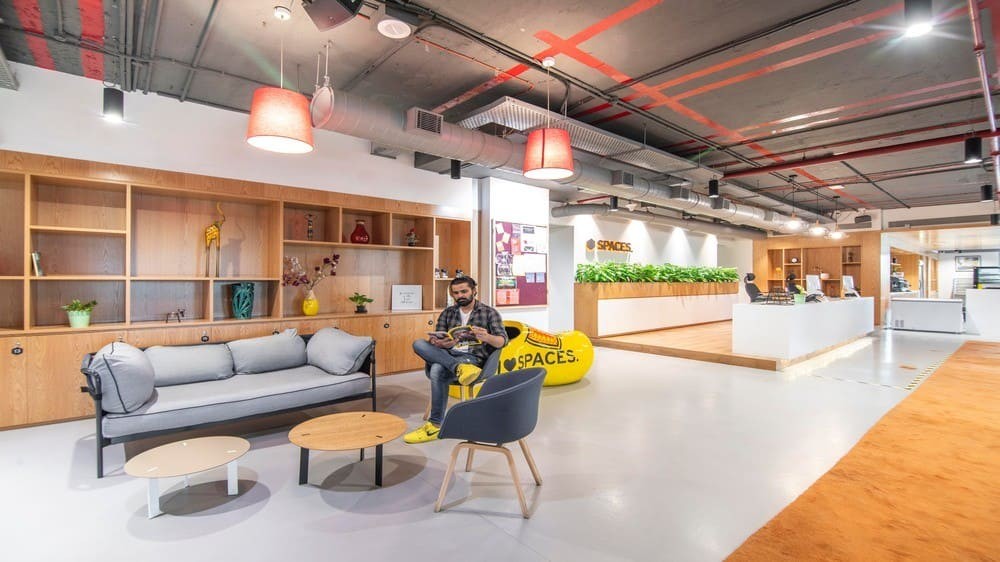The Role of Landlords in the Future of Flexspace



Ideas about the workplace have transformed. Lockdowns forced businesses to adapt to a remote set-up almost overnight, offering an important opportunity to reassess working habits. Operational flexibility creates a better way of working, and landlords can lead the change.
Hybrid work – where employees split time between the office, home and a local flexible workspace – is now at the top of the agenda for many companies. IWG found that 72% of employees prefer hybrid working, even if reverting to their old routine meant earning more money.
IWG and Colliers have recently expanded their long-standing, successful partnership from Canada into select US markets. This sees IWG working with five senior partners, with over 130 years of combined experience, and their diverse team of real estate professionals.
The role of landlords
Carla Meyer supports the IWG account at Colliers as Senior Director, Flexible Workspace Advisor. She says: “We educate the Colliers brokers on the benefits of proposing flexible options to their clients. We help them navigate the nuances of flexible workspace agreements vs conventional leases.”
There are three key benefits of hybrid working: people, planet and profit. It’s better for employees who no longer have to spend time and money commuting daily, leading to a better work-life balance. Reducing in the commuting carbon footprint is better for the planet, and it’s better for company profits because they can downsize their real estate footprint.
Future-proofing business plans
Hybrid working swaps the excessive space and lengthy leases of conventional commercial real estate for flexible short-term contracts tailored to the client’s needs, whether they want a full-scale workspace with break-out areas, meeting spaces and shared working areas, or simply to lease a meeting room twice a week.
Landlords want investments with stable growth and hybrid working offers efficiency, cost-efficacy, sustainability and flexibility.
Jamie Edwards, a Business Analyst for Colliers, says: “Now, more than ever, to be successful in business you must be willing to adapt. The flexibility that hybrid workspace offers makes it an important part of a future-proof business plan.”
IWG research shows just 13% of FTSE 250 firms expect a full-time return to the office. Will Burchfield, VP & Head of Flexible Workspace Consulting, Americas at Colliers, firmly believes that “hybrid working is here to stay”.
He adds: “Happier employees are more productive employees. If leaders do not recognize this new shift in work, they will most likely lose talent to competitors who do.”
IWG Founder and CEO Mark Dixon concludes: “Hybrid working is already delivering spectacular benefits for employees and employers alike. The future of work is already with us, and it’s only going to improve.”
As the world’s largest provider of flexible working solutions, IWG is passionate about helping landlords join the workspace revolution. Find out how we can support you today.
